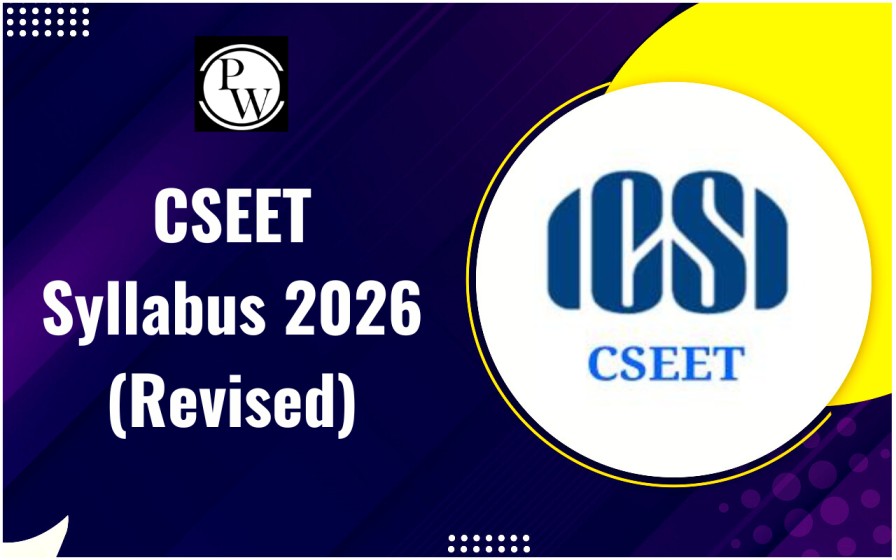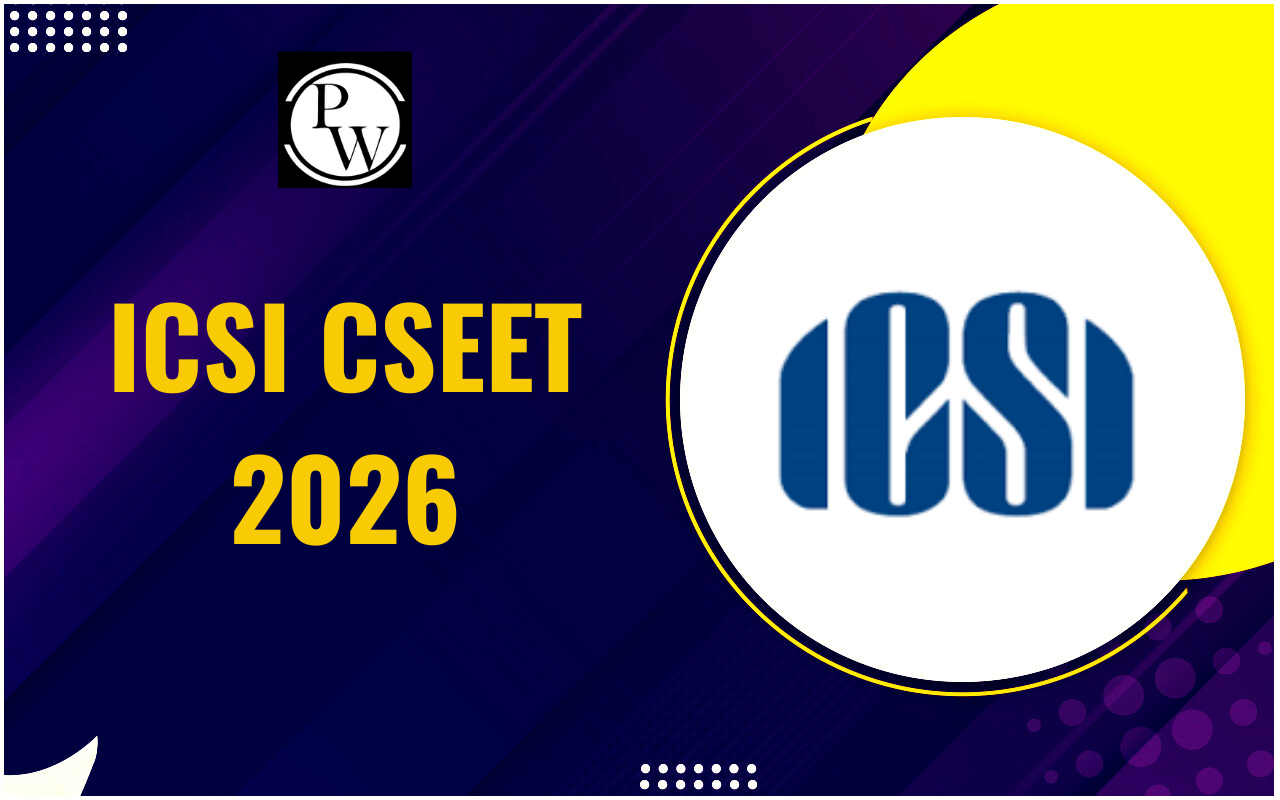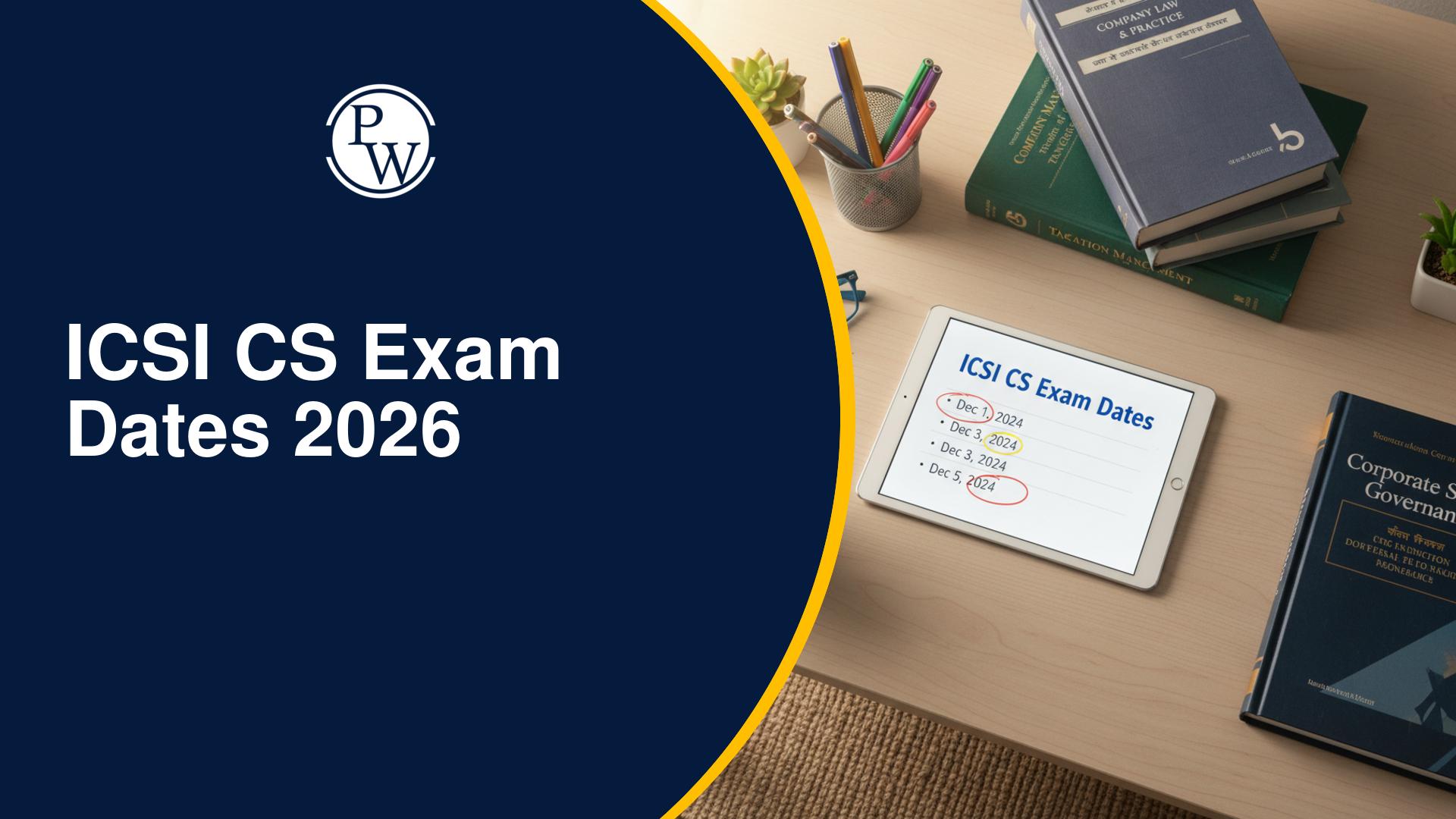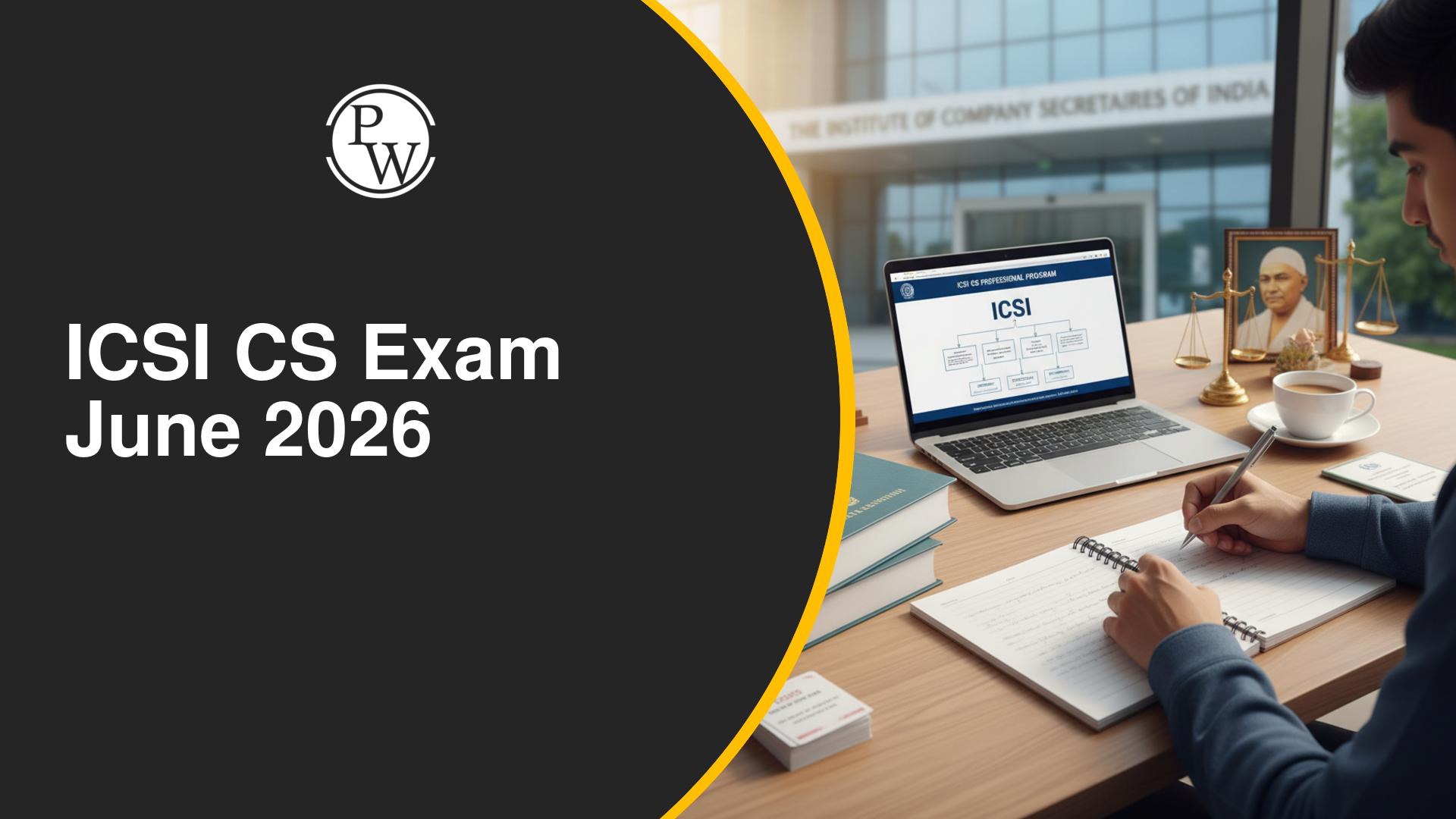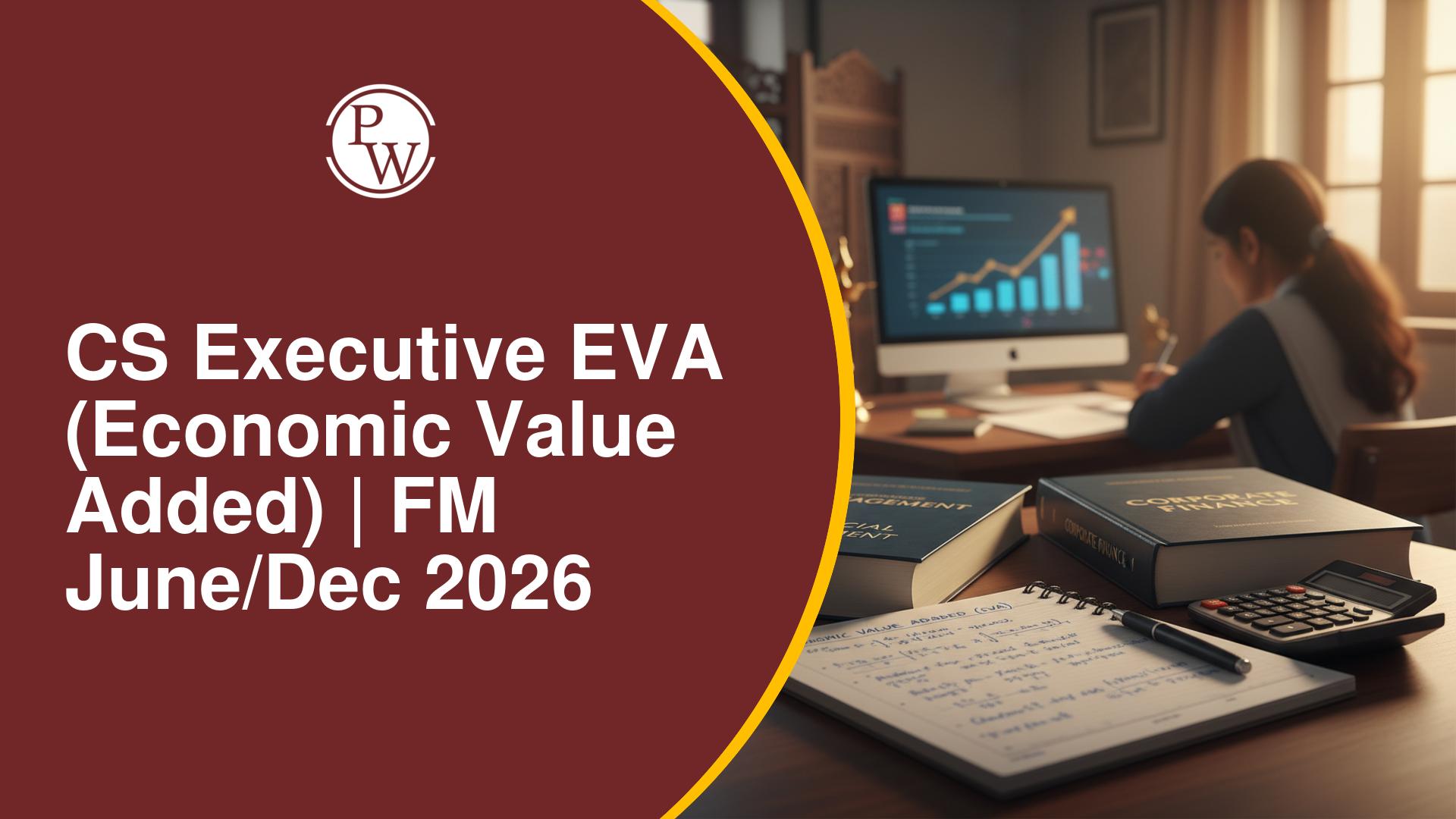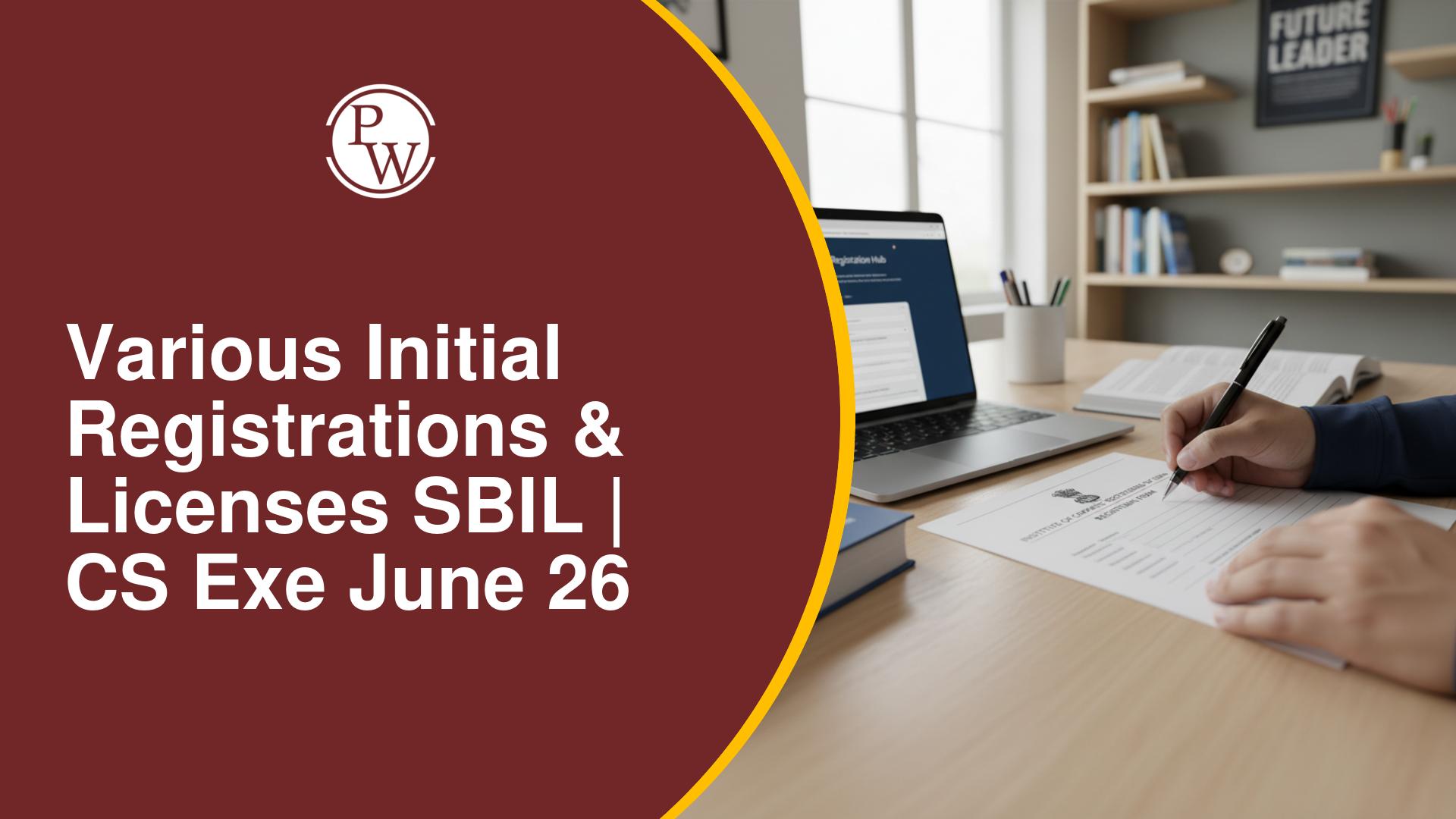
Income from Profits and Gains in Business and Profession: Profits and Gains of Business or Profession" is one of the five categories of income defined under the Income Tax Act. It includes income earned from business or professional activities and is the third head of income, after salaries and house property income.
This category ensures that income from commercial or professional work is correctly calculated and taxed. If a taxpayer earns such income, they must declare it under this heading when filing their tax return. In this article, we explain how to calculate "Profits and Gains of Business or Profession" and highlight important rules and deductions to make the process easier to understand.Meaning of Business, Profession, or Vocation
Section 2(13) of the Income Tax Act describes business as any activity involving trade, commerce, manufacturing, or related endeavours. This definition is intentionally broad, covering conventional business operations, service-related activities, and professional or vocational practices. It specifically requires transactions to involve others, as one cannot conduct business with oneself. The term profession signifies occupations that require specialized intellectual or manual skills, often supported by advanced learning or qualifications, such as those of doctors, lawyers, or architects. Vocation refers to any livelihood-generating activity, ranging from brokerage and storytelling to artistic endeavours like music, dance, or even unconventional pursuits like magic. All income arising from business, profession, or vocation is taxed under the head "Profits and Gains of Business or Profession." While distinctions exist between these categories, they are immaterial for tax purposes, as the Income Tax Act consolidates them under a single head for simplicity and comprehensiveness.Types of Income Taxed Under "Profits and Gains of Business or Profession
The following categories of income are taxed under the head "Profits and Gains of Business or Profession":- Payments for termination or modification of an agreement to manage the affairs of an Indian or other company.
- Payments to agents in India for termination or changes in agency agreements related to business activities.
- Compensation received for transferring management of property or business to the government or a government-controlled entity.
- Profits from selling import licenses granted for export activities.
- Cash assistance received as support for exports.
- Refunds or duty drawbacks from Customs or Central Excise duties.
- Profits from transferring benefits under the Duty Entitlement Pass Book (DEPB) Scheme.
- I ncome from transferring Duty-Free Replenishment Certificates.
- Payments received for agreeing not to engage in specific business or professional activities.
- Payments for not sharing trade secrets, patents, copyrights, trademarks, or business techniques that could aid in the production of goods or services.
Cases Where Income from Business Is Not Taxable Under "Profits and Gains of Business or Profession"
While most income from business and professional activities is taxable under the head "Profits and Gains of Business or Profession," certain types of income are taxed under different heads. Here’s a breakdown of such cases:- Rent from residential properties owned by a business is taxed under "Income from House Property."
- Rent from properties let out to employees for business purposes is taxed as business income.
Computation of Income from Business or Profession
The computation of taxable income under PGBP is guided by several principles:- Accounting Methods : Taxpayers can adopt the cash basis or accrual basis for recording income and expenses. However, the method should be consistent.
- Revenue vs. Capital : Only revenue expenditures are deductible. Expenditures of a capital nature, like purchasing machinery, are not deductible directly but are eligible for depreciation.
- Wholly and Exclusively for Business : Deductible expenses must be incurred entirely for the purpose of the business or profession.
Deductions under Profits and Gains of Business or Profession
The Income Tax Act provides a detailed framework for permissible deductions, ensuring that only legitimate business expenses reduce taxable income.- Interest on loans taken for business purposes.
- Contributions to employee welfare funds.
- Insurance premiums for business risk mitigation.
Special Provisions for Depreciation (Section 32)
Depreciation plays a pivotal role in reducing taxable income by accounting for the wear and tear of assets. Key highlights include:- Block of Assets : Assets with similar depreciation rates are grouped together, simplifying the computation process.
- Additional Depreciation : Manufacturing businesses can claim extra depreciation for new machinery to encourage capital investment.
- Depreciation for Short-use Assets : If assets are used for less than 180 days in a financial year, only 50% of the allowable depreciation is permitted.
Treatment of Losses
The Income Tax Act allows businesses to deduct certain losses from their income, ensuring fair taxation:- Losses Deductible from Business Income : Examples include theft, fraud, or stock damage directly related to the business.
- Non-Deductible Losses : Losses arising from personal negligence, anticipated losses, or capital asset destruction are not deductible.
- Carry Forward and Set-Off : Unabsorbed losses can be carried forward for up to eight years and set off against future business income.
Income from Profits and Gains in Business and Profession Illustration
Consider a business with the following details:- Total receipts: ₹50,00,000
- Allowable expenses: ₹30,00,000
- Depreciation: ₹5,00,000
Income from Profits and Gain FAQs
What is "Income from Business and Profession"?
Income from business and profession refers to income earned through commercial activities, professional services, or any vocational activities. It is classified under the head "Profits and Gains of Business or Profession" in the Income Tax Act.
How is income under this category calculated?
Income is calculated by subtracting all allowable business expenses from the revenue earned. Expenses like rent, salaries, repairs, or depreciation on assets must be related to the business. Personal expenses and capital expenses are excluded.
How is income from speculative transactions treated?
Income from speculative activities, like intraday stock trading, is taxable under "Profits and Gains of Business or Profession" but is subject to specific provisions.
🔥 Trending Blogs
Talk to a counsellorHave doubts? Our support team will be happy to assist you!

Free Learning Resources
PW Books
Notes (Class 10-12)
PW Study Materials
Notes (Class 6-9)
Ncert Solutions
Govt Exams
Class 6th to 12th Online Courses
Govt Job Exams Courses
UPSC Coaching
Defence Exam Coaching
Gate Exam Coaching
Other Exams
Know about Physics Wallah
Physics Wallah is an Indian edtech platform that provides accessible & comprehensive learning experiences to students from Class 6th to postgraduate level. We also provide extensive NCERT solutions, sample paper, NEET, JEE Mains, BITSAT previous year papers & more such resources to students. Physics Wallah also caters to over 3.5 million registered students and over 78 lakh+ Youtube subscribers with 4.8 rating on its app.
We Stand Out because
We provide students with intensive courses with India’s qualified & experienced faculties & mentors. PW strives to make the learning experience comprehensive and accessible for students of all sections of society. We believe in empowering every single student who couldn't dream of a good career in engineering and medical field earlier.
Our Key Focus Areas
Physics Wallah's main focus is to make the learning experience as economical as possible for all students. With our affordable courses like Lakshya, Udaan and Arjuna and many others, we have been able to provide a platform for lakhs of aspirants. From providing Chemistry, Maths, Physics formula to giving e-books of eminent authors like RD Sharma, RS Aggarwal and Lakhmir Singh, PW focuses on every single student's need for preparation.
What Makes Us Different
Physics Wallah strives to develop a comprehensive pedagogical structure for students, where they get a state-of-the-art learning experience with study material and resources. Apart from catering students preparing for JEE Mains and NEET, PW also provides study material for each state board like Uttar Pradesh, Bihar, and others
Copyright © 2026 Physicswallah Limited All rights reserved.



